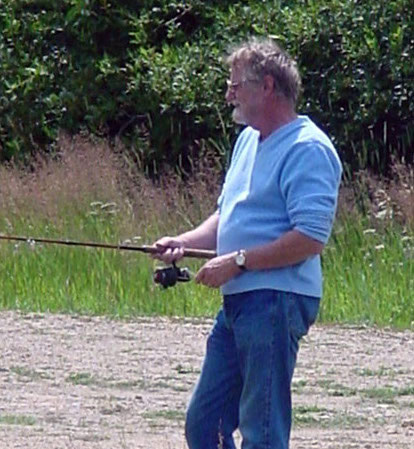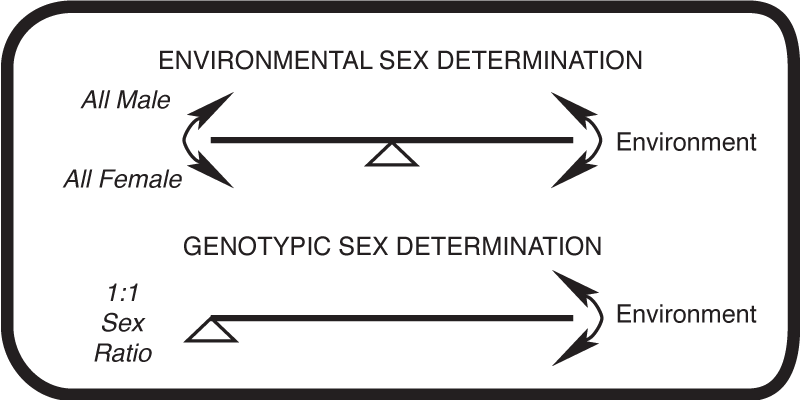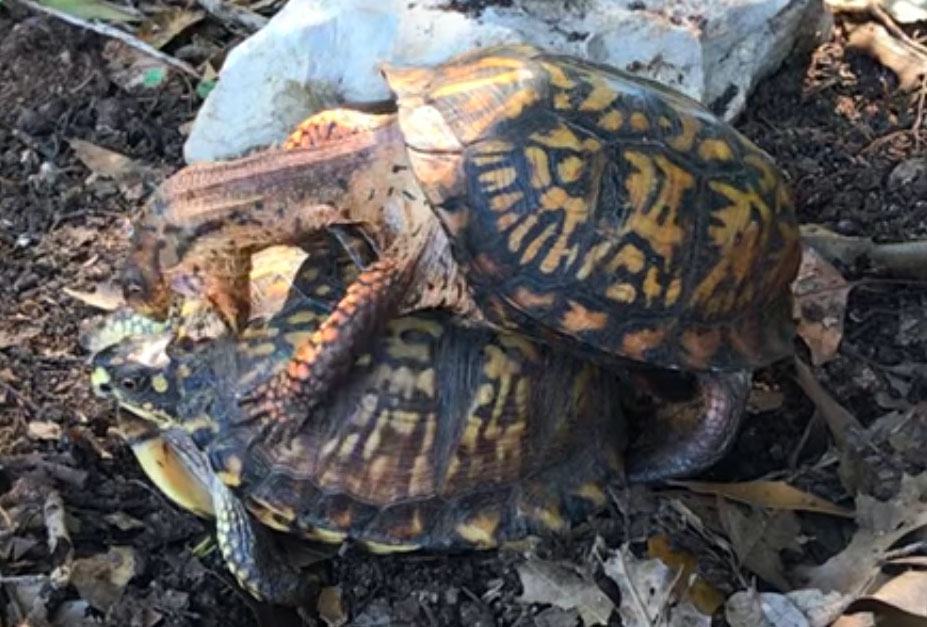Reptile Conservation International, Inc. (RCI), a non-profit organization dedicated to the conservation and restoration of endangered reptiles, was established in 1992.
RCI is presently working with conservation programs in Mexico and Brazil to enhance survival of three threatened and endangered reptiles: the Olive Ridley sea turtle, the freshwater Cagle’s map turtle, and the New Caledonian gecko.
Ongoing projects are dedicated to providing habitat for displaced turtles and tortoises, and for conducting research on mate choice behavior.

David Crews is the Ashbel Smith Professor Emeritus of Zoology and Psychology at the University of Texas at Austin. He has been a pioneer in several areas of reproductive biology, including evolution of sexual behavior and differentiation, neural and phenotypic plasticity, and the role of endocrine disruptors on brain and behavior. Dr. Crews’ research exemplifies how a comparative, interdisciplinary approach can integrate molecular through evolutionary levels of analysis. His field and laboratory research have revealed how the causal mechanisms and functional outcomes of reproductive processes operate at each level of biological organization while, at the same time, illuminating the relations among the levels.
You can learn more about Dr. Crews’ research from his Google Scholar Profile and his lab webpage.

Dr. Andrea Gore is Professor and Vacek Chair in Pharmacology at the University of Texas at Austin. Her NIH-funded research focuses on how environmental endocrine-disrupting chemicals (EDCs) perturb the developing brain, sex differences in brain development, hormones and brain aging, and transgenerational epigenetics. Dr. Gore has published 4 books and over 170 scientific papers, and served as Editor-in-Chief of Endocrinology from 2013-2017. She also led initiatives to communicate the state of the science about EDCs to other scientists, policy-makers, regulators, and the public.
You can learn more about Dr. Gore’s research from her Google Scholar Profile and her lab webpage.


